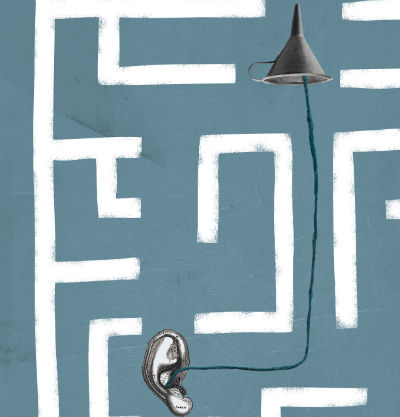Submitted by jhortolani on
This report is part of CRIN's access to justice for children project, looking at the status of the Convention on the Rights of the Child (CRC) in national law, the status of children involved in legal proceedings, the legal means to challenge violations of children’s rights and the practical considerations involved in challenging violations.
Maldives has ratified but not yet incorporated the CRC into national law. Hence, the CRC does not take precedence over national law and cannot be directly enforced in the domestic courts. Children can bring legal challenges in the Maldives’ courts based on violations of their rights enshrined in the Constitution, but due to a complete lack of criminal and civil procedural rules, it is unclear whether they require the assistance of a next friend or litigation guardian. There are many obstacles for children accessing justice in Maldives as there is also a lack of many other essential laws, including evidentiary rules or a modern penal code setting out statutes of limitations or allowing for private prosecutions. There is further no formal legal aid system, no clear system of available remedies, and no active bar association which might support pro bono legal assistance for children. The legal system of the Maldives has elements of Sharia law as well as English Common Law and there are many innate conflicts between the two systems. The Human Rights Commission has broad powers: it accepts complaints regarding violations of human rights, can bring proceedings on its own initiative and intervene in ongoing cases, but the Commission is not fully independent and lacks many resources. There are no provisions allowing for NGOs to file or intervene in judicial proceedings. The judiciary of the Maldives has generated significant controversy in recent years, inter alia due to prosecutions of members of the Human Rights Commission and the former president. The Maldives are comprised of 1,190 coral islands grouped into 26 atolls, and this geographical configuration increases the challenges faced by the country in implementing adequate programmes and laws for children living in atolls, which are often isolated and difficult to reach.

